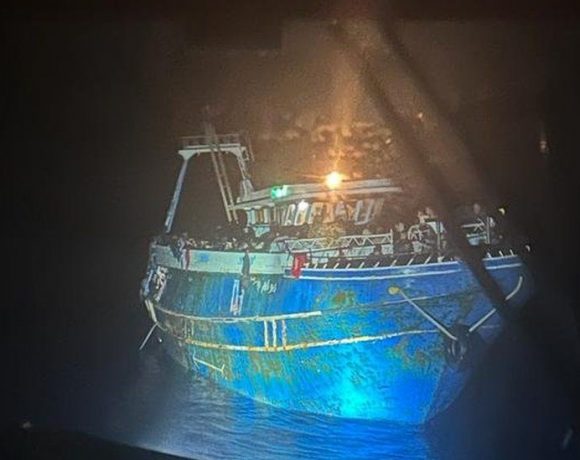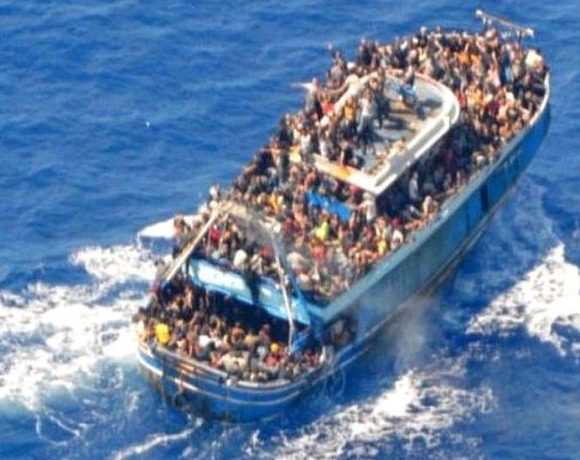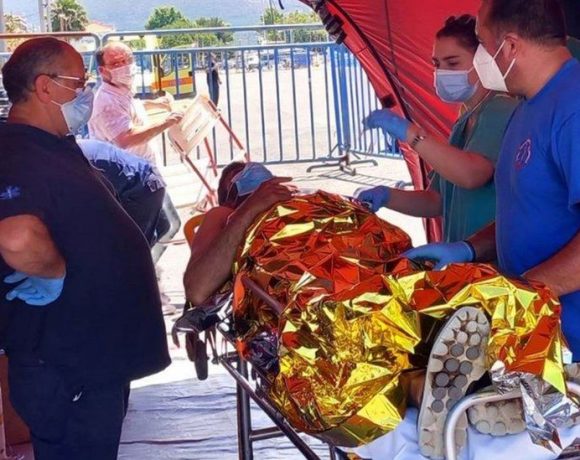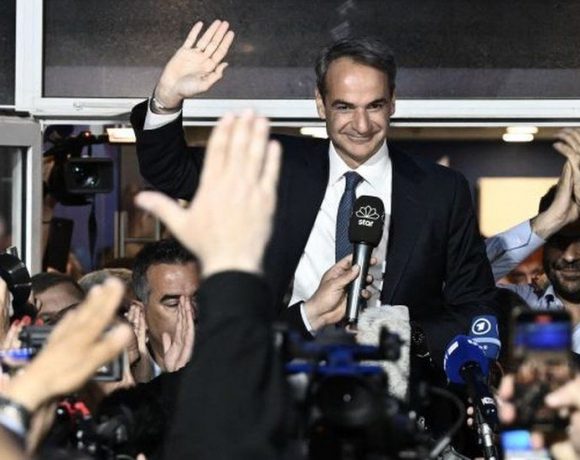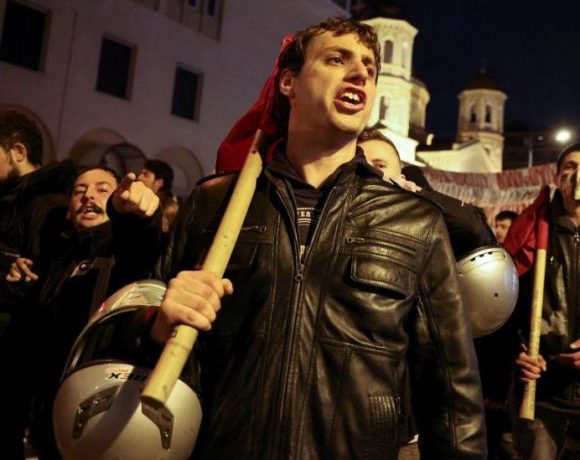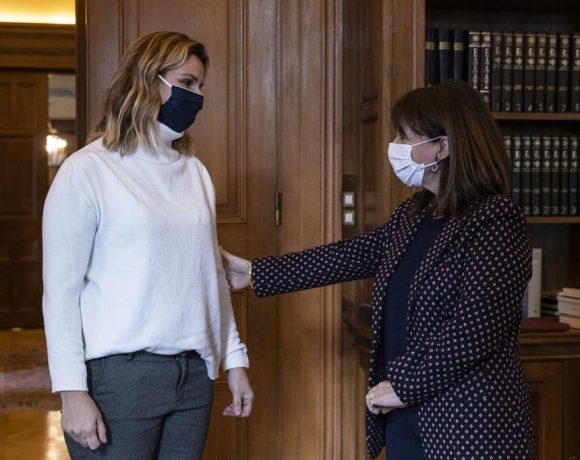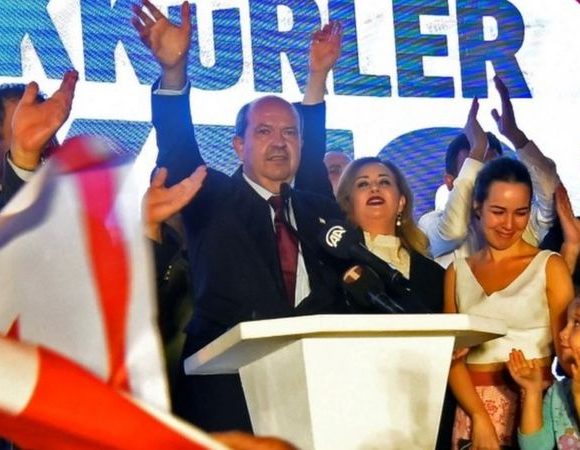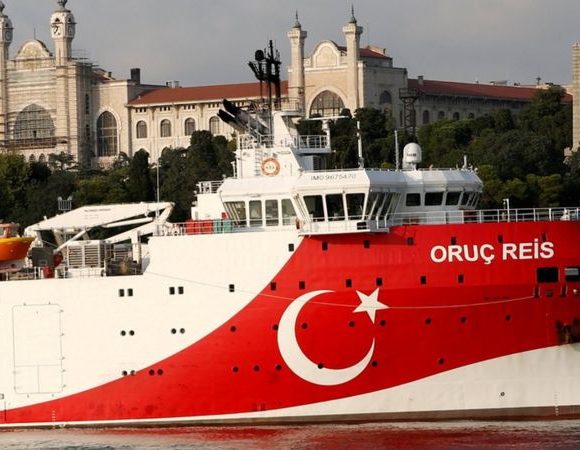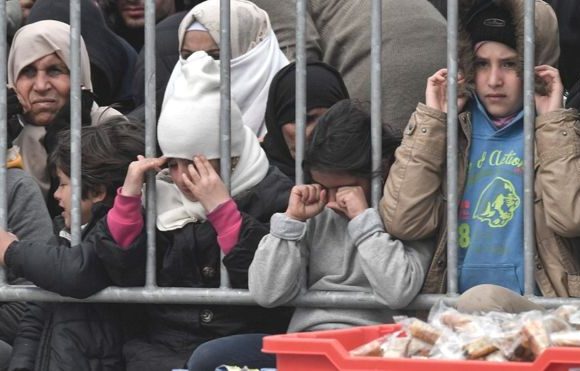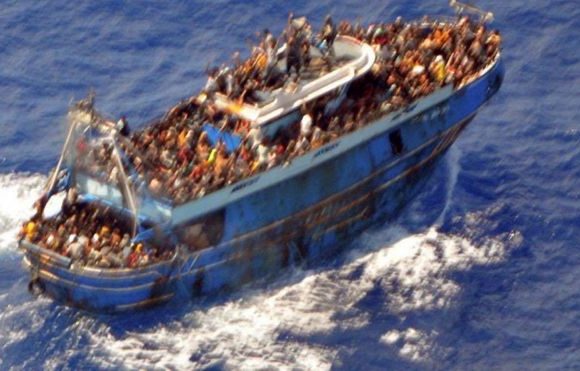
EU border authorities claim that Greece ignored their offer to send an aircraft to watch over a migrant boat that ultimately sunk with a large number of casualties.
The UN estimates that 500 more people may have perished in the event last week, but at least 82 deaths are confirmed to have occurred.
Greece has come under fire for not doing enough to address the catastrophe.
The BBC also discovered that, contrary to the Greek narrative that the migrant boat was on a safe, steady route, it barely moved in the hours before it capsized.
The overloaded fishing boat had left Libya and was first seen early on June 13 sailing toward Greece in international seas.
It was discovered by a Frontex (the EU’s border agency) jet, which subsequently required refuelling.
The Greek coast guard, according to Frontex, never responded to its offer to send the plane back to the fishing boat to keep an eye on the situation.
The Greek government has refuted accusations that they failed to respond to the disaster as it was unfolding soon enough, maintaining that people on board informed the coastguards they wanted to be left alone so they could travel to Italy.
Contrary to the official story, a BBC study of other ships’ movements on the tragedy day clearly shows the ship barely moved for at least seven hours before it capsized.
The Greek coastguard has not responded to the most recent allegation that it did not accept Frontex’s offer of further aerial assistance.
The boat reportedly capsized about 02:04 on June 14 local time, some 80 kilometres (50 miles) south-west of the seaside town Pylos.
Although more than 100 people were saved, survivors believe that there may have been as many as 750 people on the boat, including about 100 children in the hold.
At least 350 Pakistanis were on board, according to Pakistan’s interior minister Rana Sanaullah, who also noted that “perhaps there has never been such a large toll in any incident before, even in terrorist incidents.”
Syrians and Egyptians are among those thought to be deceased as well.
Nine Egyptian men were charged with negligent manslaughter, endangering life, creating a shipwreck, and people trafficking when they appeared in court in the Greek city of Kalamata on Monday.
All entered not-guilty pleas.
Picture Courtesy: Google/images are subject to copyright

